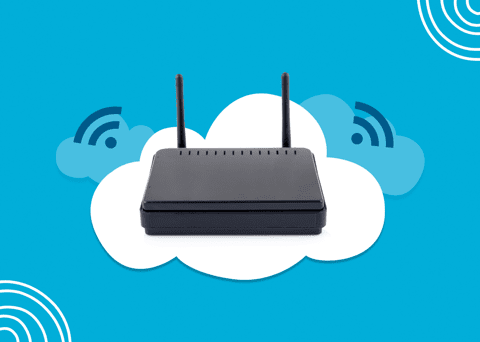Not all internet bandwidth is created equally, and there are some key questions decision-makers should ask when selecting an internet service for their businesses.
Besides “How much will the internet service cost?” what do IT buyers really look at when considering internet service for their businesses? Are they asking enough of the right questions? I’m sure many of them are, but decision-makers can often leave a few issues unaddressed, or aren’t aware of the “gotchas” they should examine.
It seems many decision-makers take into account the more obvious qualifiers such as:
- What provider can deliver service
- The reputation of the provider
- If they have any previous experience with the provider
- Feedback from peers on a particular provider
- Cost
However, there are several qualifiers that should also be at play in a decision-maker’s mind that are just as important, if not more important, than the above. When thinking what to ask about internet, a good place to start is knowing, “how important is the internet to my business?”
Who Validated Service Can be Delivered? The role of the person who tells you the service is available for your business is important. It’s fine if your sales team has made that claim, but it makes sense to find out how they know. For example, has the carrier’s finance and engineering teams reviewed and approved all aspects of your fiber build? Also, have those teams verified your service will be installed on time? Before signing an agreement, protect yourself by asking for validation. It really shouldn’t take more than a couple of days to get this information if the carrier has already gone through their internal approval process.
Quote accuracy. Some — usually larger — carriers provide you a quote for services. Once they’ve got your signature and have turned in the order, they come back with a different price saying they missed some pieces that you need to pay for. Again, validate in writing that what you are signing for is final and approved.
What does my install fee get me? Do you know how far the install fee gets the fiber into your building? Does the fee include extending fiber all the way into the building? Some providers only deliver to just right outside the building, and it’s up to the customer to pay for conduit and other expenses to bring fiber from the street to building. These unexpected charges can be significant and potentially delay the install.
Will there be additional fees? You may be told there is conduit to your building, but has anyone ensured there is room to pull more fiber? If not, it is more than likely that additional conduit needs to be installed. Some providers will cover this fee, but it makes sense to double check and be certain. Additionally, the initial quote might not include taxes, surcharges and other fees, so go ahead and find out what your total fees will be including all charges.
Who is providing the last mile? If I buy from Carrier X, is it their fiber that is being delivered to my building (called “last mile”) or is it Carrier Y’s fiber? If a different carrier delivers the last mile to your building, keep in mind that if there is an issue with the last mile, Carrier X will need to open a trouble ticket with Carrier Y for trouble shooting, thus lengthening the repair time. Find out this information ahead of time so you are fully informed.
How am I going to use the service? It’s not uncommon for buyers to think that their service will work fine if they simply buy more bandwidth. That might be the answer, but not all internet bandwidth is created equally. A shared internet connection (like a cable modem) — although relatively inexpensive and offering plenty of bandwidth — is a best-effort service when compared to paying more for a dedicated internet connection (like fiber) that comes with guarantees and much better performance.
Each of these services has their strengths, but you should think about your environment to know which is best for you. For example, you might ask:
- Am I looking to use web-based applications (like VoIP or Virtual Desktops) that work best with low latency and a reliable connection?
- What’s the true impact to my company if the internet service does not work?
- How long can my business tolerate downtime?
- Should I look into having both a primary and redundant internet connection?
If you have questions about how to answer these questions, and figure out what the right internet service solution is for your business, we’ve got experts here at MHO to help. Reach out anytime.


![[Infographic] Fixed Wireless: What You Need To Know](https://blog.mho.com/wp-content/uploads/2017/06/Screenshot-2025-06-24-141710.png)



